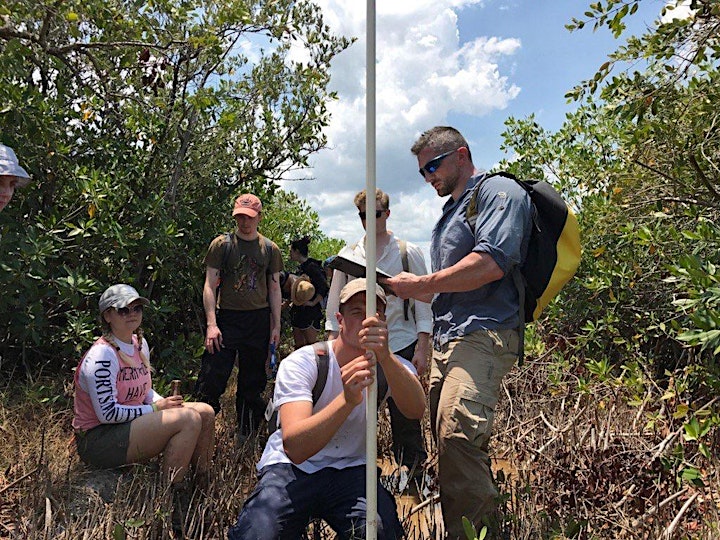13th April 2022, 7:30pm. Register your interest HERE.
Dr Ian Hendy will be talking to us about the importance of seagrass and kelp forests around the world.
About the talk
Coastal and near-shore marine vegetated ecosystems are essential for life on Earth. Ecosystems including mangrove forests, saltmarsh, seagrass beds and kelp forests are incredible carbon sinks. These habitats drawdown huge amounts of carbon from the atmosphere, and deliver an amazing list of ecosystem services including (1) mitigation of climate change, (2) improving water quality, (3) significant enhancement to fishery biomass, (4) improved nursery function, and (5) deliver food provisioning for many communities. However, we are losing these essential ecosystems rapidly. These losses magnify issues associated with climate change, and the increase of habitat loss only serves to exacerbate the sixth mass extinction. We have seen between 80 to 90 % loss of kelp forests spanning Canada to Norway and at the current rate of loss, the UK will have zero kelp forests by the end of this century – resulting in more than a 90 % loss of marine wildlife. In addition, we have lost more than 90% of our seagrass habitats in the UK. Find out how we aim to bring back these crucial ecosystems, and what lessons can we learn.

About our speaker – Dr. Ian Hendy
Dr. Ian Hendy is a Senior Lecturer and Researcher in Coastal Ecosystems at the University of Portsmouth. Ian is an editor and author of the Seagrass Restoration Handbook: UK and Ireland. His most recent research has been based in the mangrove forests of Southeast Sulawesi, Indonesia, with interests focused upon the essential role of ecosystem engineers, the factors that influence biodiversity, the recycling of carbon in coastal ecosystems and the enhancement of, and conservation of marine fisheries and MPAs. As a professional marine conservation ecologist, Ian’s research investigates and seeks to understand how human interactions, environmental variation and climate change are responsible for altering biodiversity, biomass and productivity. Ian’s aim is to facilitate the rewilding of marine ecosystems in an effort to restore the natural ecology, biodiversity and energy flows – focussing on the structure and function of ecosystems. In particular, Ian looks for unusual patterns within his data, and strives to understand reasons driving diminishing aquatic ecosystems and how best to improve, restore and manage those impacts.

